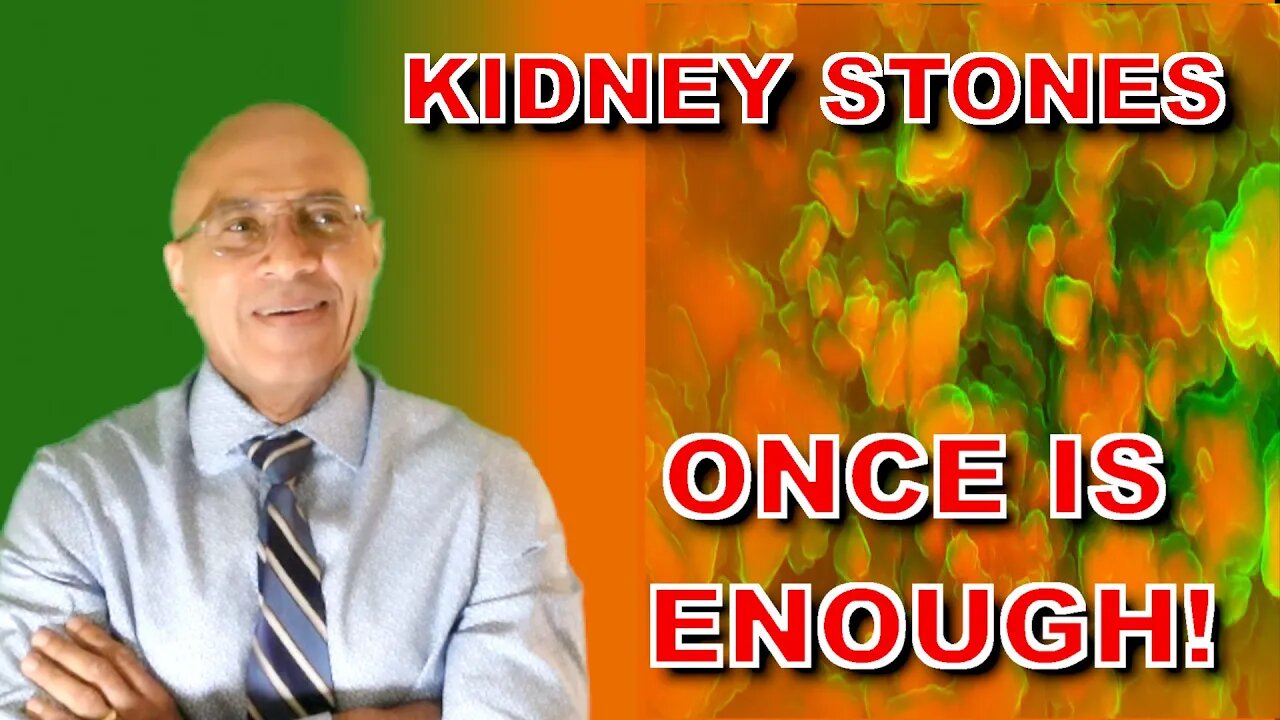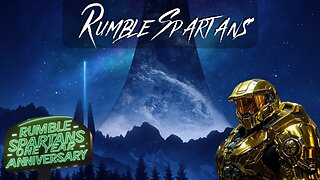Premium Only Content

Say No To Recurrent Kidney Stones!
Kidney stones, also known as renal calculi, are solid mineral and salt deposits that form in the kidneys and can be extremely painful when they obstruct the urinary tract. These tiny, hard kidney stones can vary in size and shape and can affect anyone at any age, but they are more commonly observed in individuals between the ages of 30 and 60. Kidney stones develop when certain substances in the urine, such as calcium, oxalate, and uric acid, become highly concentrated and form crystals. As these crystals aggregate, they give rise to kidney stones.
The symptoms of kidney stones can be distressing and may include severe pain in the abdomen, back, or groin area, accompanied by nausea and vomiting. If you suspect you have kidney stones, it is crucial to seek medical attention promptly to prevent complications and ensure proper treatment. Treatment for kidney stones depends on their size and location. Smaller kidney stones often pass spontaneously through the urinary tract, but larger ones may require medical intervention. Common treatments include drinking plenty of water to flush out the stones, pain management, and medication to aid passage. In some cases, procedures such as lithotripsy or surgical removal might be necessary to alleviate the blockage and eliminate kidney stones. Prevention is key to avoid recurrent kidney stones. Maintaining an appropriate diet, limiting salt and animal protein intake, and staying hydrated are essential measures to reduce the risk of kidney stone formation.
-
 4:47
4:47
Candid Conversations with Dr. Lowe
15 days agoGut Health Breakthrough: Are Designer Probiotics the Future of Medicine?
621 -
 1:58:31
1:58:31
Adam Carolla
13 hours ago $14.47 earnedJay Leno Does What Modern Politics Won’t: Taking Care of Family Without a Press Conference
46.9K11 -
 5:28:29
5:28:29
Akademiks
5 hours agoDay 2/30. Smurk on Stream?? 50 cent keep going at Big Meech. Kendrick to Buy Kanye West Catalog?
65.9K2 -
 1:35:28
1:35:28
BlackDiamondGunsandGear
9 hours agoThe TRUMP SLUMP?
28.4K5 -
 3:13:59
3:13:59
SilverFox
3 hours ago🔴LIVE - OBLIVION IS BETTER THAN SKYRIM NOW
24.7K1 -
 LIVE
LIVE
SpartakusLIVE
8 hours agoDuos w/ StevieT || Trios or Quads Later?!
225 watching -

OhHiMark1776
8 hours ago🟢04-27-25 ||||| Halo Multiplayer Rumble: No. 13 ||||| Halo MCC (2019)
75.1K -
 2:12:28
2:12:28
TheSaltyCracker
6 hours agoThey Killed Her ReeEEEe Stream 04-27-25
144K277 -
 2:33:51
2:33:51
vivafrei
16 hours agoEp. 261: Criminal Judges ARRESTED! Election in Canada! Santos Sentenced! RFK Jr. & Autism & MORE!
187K114 -
 6:24:31
6:24:31
Amish Zaku
9 hours agoRumble Spartans "The One Year" Event
46.3K1